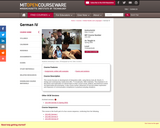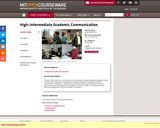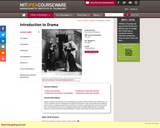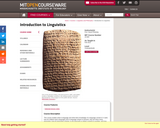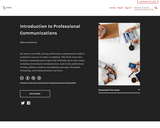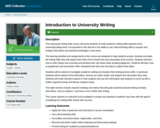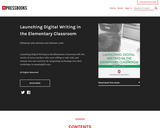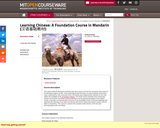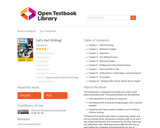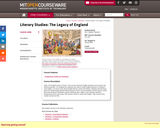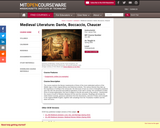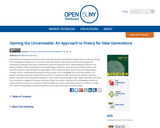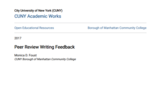No matter your field, having professional communication skills is essential to success in today's workplace. This book covers key business communications topics that will help you in your career, including intercultural communication, team work, professional writing, audience analysis and adapting messages, document formatting, oral communication, and more.
Part 1: Communication foundations
1.1 Learning to write
1.2 Elements in communication
1.3 Critical thinking
Part 2: The research process
2.1 Research questions
2.2 Categorizing sources
2.3 Evaluating sources
2.4 Citing sources
2.5 Making an argument
2.6 Annotated bibliography
Part 3: Planning messages
3.1 Pre-writing
3.2 Communication models
3.3 Audience analysis
3.4 Purpose
3.5 Channels
3.6 Audience types
3.7 Audience demographics
3.8 Audience geographics
3.9 Audience psychographics
3.10 Adapting messages
Part 4: Writing
4.1 Style and tone
4.2 Plain language
4.3 Inclusive language
4.4 Concision
4.5 You attitude (you view)
Part 5: Message types
5.1 Memos
5.2 Letters
5.3 Emails
5.4 Proposals
5.5 Reports
5.6 Persuasive appeals
5.7 Persuasive messages
5.8 Starting your job search
5.9 Resumes
5.10 Cover letters
5.11 Bad news messages
Part 6: Visual communication
6.1 Graphics
6.2 Drawings, diagrams, and photos
6.3 Tables, charts, and graphs
6.4 Headings
6.5 Lists
6.6 Emphasis
Part 7: Polishing your message
7.1 Revising, editing, and proofreading
7.2 Reverse outlining
Part 8: Interpersonal communications
8.1 Intercultural communication
8.2 Team work
8.3 Listening skills
8.4 Giving and receiving feedback
8.5 Workplace conflict management
8.6 Oral presentations
